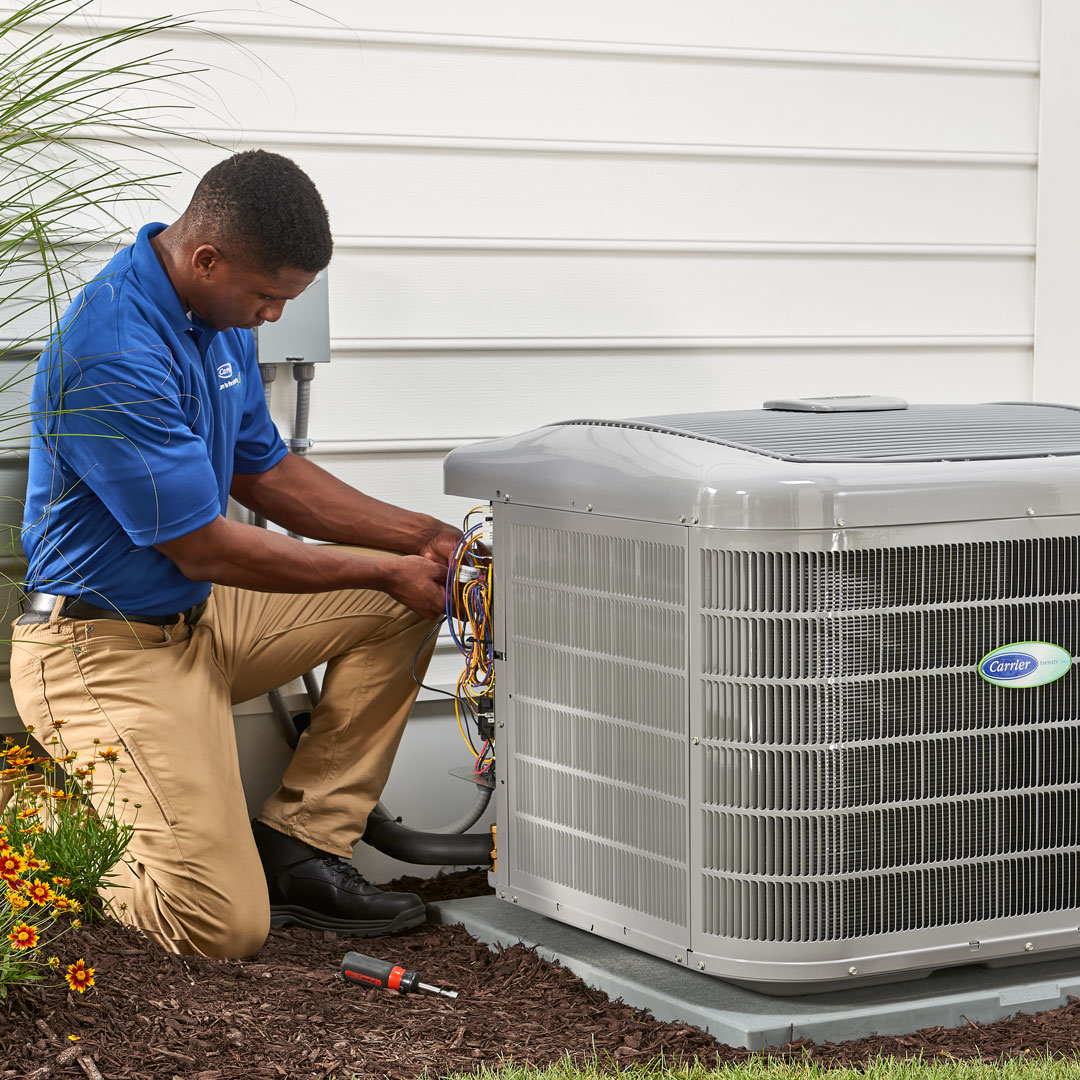Selecting the appropriate HVAC contractor is a key step in ensuring your home's heating and cooling systems work optimally and successfully. Whether you are putting in a brand new system, upgrading an outdated one, or simply maintaining your current setup, the contractor you decide on can create all the difference. With so many choices available, it can be overwhelming to locate a qualified professional who meets your specific needs.
In this guide, we will lead you through key factors to assist you choose the ideal HVAC contractor for your home. From comprehending what HVAC systems are to recognizing the significance of indoor air quality, you will gain knowledge into how to make informed decisions. Furthermore, we will examine common HVAC problems and their resolutions, seasonal maintenance advice, and how to enhance your system's efficiency, all of which are essential components to consider when reviewing potential contractors.
Understanding HVAC Systems
HVAC is an acronym for heating, ventilation, and air conditioning. It denotes the system used to control the indoor conditions of home and business spaces. An Heating, Ventilation, and Air Conditioning setup is designed to provide convenience by regulating heat, moisture levels, and indoor air quality, making it essential for maintaining a sanitary and comfortable environment. Knowing the components of heating, ventilation, and air conditioning units helps homeowners and establishments make educated determinations about implementation, upkeep, and upgrades.
The key components of an HVAC system include a boiler or boiler for heating, an AC unit for temperature reduction, and ventilation for air distribution and filtration. These elements function collectively to guarantee that the air in a facility is pleasant, adequately circulated, and clean of hazards. In addition to climatic control, heating, ventilation, and air conditioning units can also regulate moisture levels and eliminate dust, pollen, and other irritants to boost air quality indoors.
Frequent maintenance is important to the performance and durability of an Heating, Ventilation, and Air Conditioning setup. It includes scheduled checkups, cleaning, and prompt fixes to avoid typical difficulties such as malfunctions or inefficiencies. Property owners and business owners should be proactive in their heating, ventilation, and air conditioning maintenance to not only ensure satisfaction but also to lower expenses and prolong the duration of their units. Knowing how heating, ventilation, and air conditioning operates is the initial action in noticing when it requires attention and how to find the best technician for the task.

Typical HVAC Problems and Resolutions
A typical issue encountered by homeowners is inadequate heating or cooling. This can stem from a number of factors, like clogged air filters, duct leaks, or improper thermostat settings. To tackle this problem, regularly check and replace air filters every one to three months and ensure that vents are clear. If the issue persists, it may be essential to examine the ductwork for leaks or have a professional assess the performance of your heating and cooling system.
Another common issue is strange noises emitted by the HVAC unit. These sounds can suggest a variety of problems, from loose components to grave mechanical failures. Pay mind to any clattering, rattling, or piercing whistling noises. If you notice these sounds, it is recommended to turn off the system and speak to a qualified HVAC contractor to adequately diagnose and fix the issue before it results in more major damage.
Finally, poor indoor air quality can profoundly affect your comfort and health. Symptoms like allergies, respiratory issues, or stale air may signal that your HVAC system needs servicing. To improve air quality, explore upgrading to high-efficiency air filters, adding air purifiers, or ensuring that your system is well-maintained with regular cleanings. Boosting ventilation and humidity control can also lead to a healthier indoor environment.
Selecting the Right HVAC System
Choosing a appropriate HVAC solution for the house is important for ensuring the comfort while ensuring energy effectiveness. Begin with evaluating your size in your area, as a suitable heating and cooling system needs to match the square footage of the house. An inadequate system can fail in maintaining comfortable temperatures, while an oversized system may result in short cycling, higher maintenance issues, and increased energy bills. Consulting with professional to calculate the appropriate size through a load evaluation can assist you in making an educated decision.
Next, reflect on various different kinds of HVAC solutions that are available. Options include whole-house air coolers, heat transfer systems, ductless mini-split systems, and geothermal heating & cooling. Every option has its advantages & limitations based on your home’s layout, climate, while energy efficiency targets. Exploring these choices can help homeowners comprehend which system fits your lifestyle and budget and providing effective heating and cooling.
In conclusion, consider on energy effectiveness ratings when selecting the HVAC system. AC repair for units with high Seasonal Energy Efficiency Ratio (SEER) ratings for air conditioners and Heating Seasonal Efficiency Factor (HSPF) ratings in the case of heat transfer systems. Energy-efficient units could require a higher upfront cost yet can bring about significant savings in your energy bills over the years. Integrating energy-efficient equipment with smart thermostat technology can further enhance the HVAC solution's performance as well as comfort levels across seasons.
